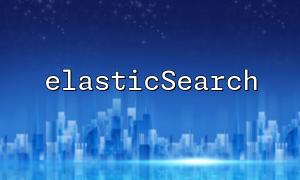JSON (JavaScript Object Notation) is a lightweight and human-readable data interchange format. PHP's built-in json_encode function converts arrays or objects into JSON strings, facilitating data exchange between front-end and back-end.
The json_encode function encodes PHP variables into JSON format. The function prototype is as follows:
<span class="fun">json_encode(mixed $value, int $options = 0, int $depth = 512);</span>
This is the PHP data to be encoded, supporting arrays, objects, and other data types. For example:
$data = ['name' => 'John', 'age' => 30];
$json = json_encode($data);This parameter is a bitmask that can combine multiple options to adjust encoding behavior. Common options include:
JSON_PRETTY_PRINT: formats the output for readability.
JSON_UNESCAPED_SLASHES: prevents escaping of slashes “/”.
JSON_THROW_ON_ERROR: throws exceptions on errors.
Example:
<span class="fun">$json = json_encode($data, JSON_PRETTY_PRINT);</span>
Specifies the maximum encoding depth to prevent infinite recursion. The default is 512, which suits most cases. Adjust this for deeply nested arrays.
PHP's JSON encoding is widely used for:
RESTful API output
AJAX asynchronous data handling
Data storage and format conversion
If json_encode returns false, call json_last_error_msg() to get detailed error information:
$json = json_encode($data);
if ($json === false) {
echo 'JSON encoding error: ' . json_last_error_msg();
}json_encode supports arrays, objects, strings, integers, floats, booleans, and NULL types.
Understanding PHP's json_encode function and its parameters thoroughly can greatly improve the accuracy and efficiency of data interactions. Mastering these is essential for PHP developers aiming to build stable and efficient web applications.









